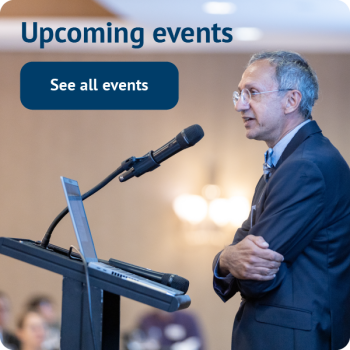World Refugee Week reflections: Supporting accessible primary health care for refugees
Every day, millions of people worldwide embark on dangerous journeys to flee their home countries in search of safety and freedom due to substantial hardship and human rights violations. This World Refugee Week, we reflect on the theme ‘Finding Freedom’ to consider the unique challenges encountered by people of refugee backgrounds and how we can help overcome their barriers to health.
Rich in cultural diversity, the Brisbane south region has some of the highest refugee resettlement rates in Queensland. While people from refugee backgrounds share common health concerns with the general population, many face additional, complex health challenges from having survived conflict, persecution and displacement from their loved ones and communities.
Additionally, refugees may face significant obstacles in accessing and navigating the complex Australian healthcare system. Barriers to quality care include:
- language barriers, including difficulty accessing interpreting services
- challenges in finding, understanding and acting on information about their health and healthcare options
- the availability of culturally safe and trauma-informed health care providers.
Primary care professionals are instrumental in providing comprehensive, evidence-based health care to people from refugee backgrounds. From conducting health assessments, coordinating team-based care, managing referrals to multiple services, and providing continuity of care, their role is vital in empowering people from refugee backgrounds to negotiate the health system.
To bolster this important work, here are our top tips and resources for supporting patients from refugee backgrounds in your practice:
- Use qualified interpreters if a patient does not speak English (and you do not fluently speak their language). The TIS National Free Interpreting Service is available 24 hours, 7 days a week.
- Regularly check that your patient has understood what you have said. The teach-back method is a helpful way to check for patient understanding.
- Collect appropriate cultural demographic data. This can support the delivery of more tailored, culturally responsive care.
- Report on the health of culturally and linguistically diverse populations using linked data (to provide opportunities to explore population trends in health outcomes and service use).
- Promote cultural awareness training for all practice staff. We provide free training to help health care workers foster effective health interactions with people from different cultural backgrounds
- Contact Refugee Health Connect for support and advice on available health services across Brisbane (read more below).
We are proud to have helped establish Refugee Health Connect (RHC) in partnership with Mater Refugee Health, Metro South Health, and Brisbane North PHN. Refugee Health Connect provides a single point of contact for primary health professionals across Brisbane to:
- navigate services for people of refugee backgrounds
- build the skills of primary health workers to support patients of refugee backgrounds using culturally appropriate and trauma-informed practices.
For in-house support and guidance for your practice, including peer-to-peer education from Brisbane South PHN’s clinical lead (a General Practitioner with extensive experience in refugee health), contact Refugee Health Connect via 07 3864 7580 or email refugeehealth@bsphn.org.au.





